Are you interested in getting your amateur radio Foundation license in Australia? You've come to the right place! Today, we'll walk you through all the steps needed to successfully pass your amateur radio exam and get started in ham radio.
The Foundation License: Your Entry Point
The Foundation license is the entry-level license for amateur radio enthusiasts in Australia. It provides access to certain bands and power levels, and it's the first step before upgrading to higher license levels. This article will focus on obtaining the Foundation license.
-
Foundation License Manual:
- The Foundation License Manual, available from the Wireless Institute of Australia (WIA), is your essential guide. This publication covers the basics of electronics, electricity, radio antennas, transmission lines, and safety. It’s a comprehensive resource designed to help you understand the fundamental concepts of amateur radio.
-
Online Practice Exam:
- The WIA website offers an online practice exam for the Foundation license. The test comprises 25 questions, and you must score at least 70% to pass. Each attempt will provide a randomized set of questions, helping you prepare thoroughly for the actual exam. Practicing online will give you a good sense of what to expect and highlight areas where you might need additional study.
-
Training Videos:
- The Radio Electronics Association of Southern Tasmania (REAST) offers training videos that complement the Foundation License Manual. These videos, freely available on YouTube, cover various topics at a comfortable pace. Watching these videos while studying the manual will reinforce your understanding of key concepts.
-
Booking Your Exam:
- Once you're confident in your knowledge and ready to take the exam, you can find assessors through the Australian Communications and Media Authority (ACMA) amateur radio page. Search for assessors in your area to book an assessment. Some assessments can be conducted remotely under special circumstances, so discuss options with your assessor.
-
Joining a Local Club:
- Joining a local amateur radio club can provide additional support and resources. The WIA website lists affiliated clubs by state and area, along with their contact details and meeting information. Clubs often have their own assessors and can help guide you through the licensing process.
What to Expect on Exam Day
On exam day, most clubs will start with a revision session, allowing candidates to ask questions and clarify any doubts. The exam itself consists of two parts:
-
Theory Exam:
- The theory exam includes 25 questions, to be completed in 30 minutes. It tests your understanding of the concepts covered in the manual.
-
Practical Assessment:
- The practical assessment involves making contacts, using phonetics, identifying antennas and connectors, and other hands-on tasks. This competency-based assessment ensures you can operate your equipment effectively.
You’ll be informed of your results immediately after the exam. In Australia, the practical component is unique, providing valuable experience that helps new operators feel more confident.
Fees and Final Steps
As of February 2024, there are no fees for taking the exam; you only pay if you pass. The fees include a recognition certificate and a call sign, totaling approximately $65-$75. Once these fees are paid, you won’t need to pay any further licensing fees.
If you fail the exam, you must wait three months before retaking it. To avoid this, practice diligently using the online exams and aim to score above 70%.
Get Involved
Getting involved with an amateur radio club can enrich your experience. Clubs offer a range of activities and opportunities to engage with the community.
If you have any questions or need further assistance, leave a comment below or reach out to your local affiliated clubs. Utilize the resources and links provided to guide you through your entry into amateur radio. We look forward to welcoming you to this exciting hobby!
What’s Next?
Once you’ve obtained your license, you might wonder about the next steps. Check out some cool videos on activities our club participates in. These will give you ideas and inspiration on how to make the most of your amateur radio license.

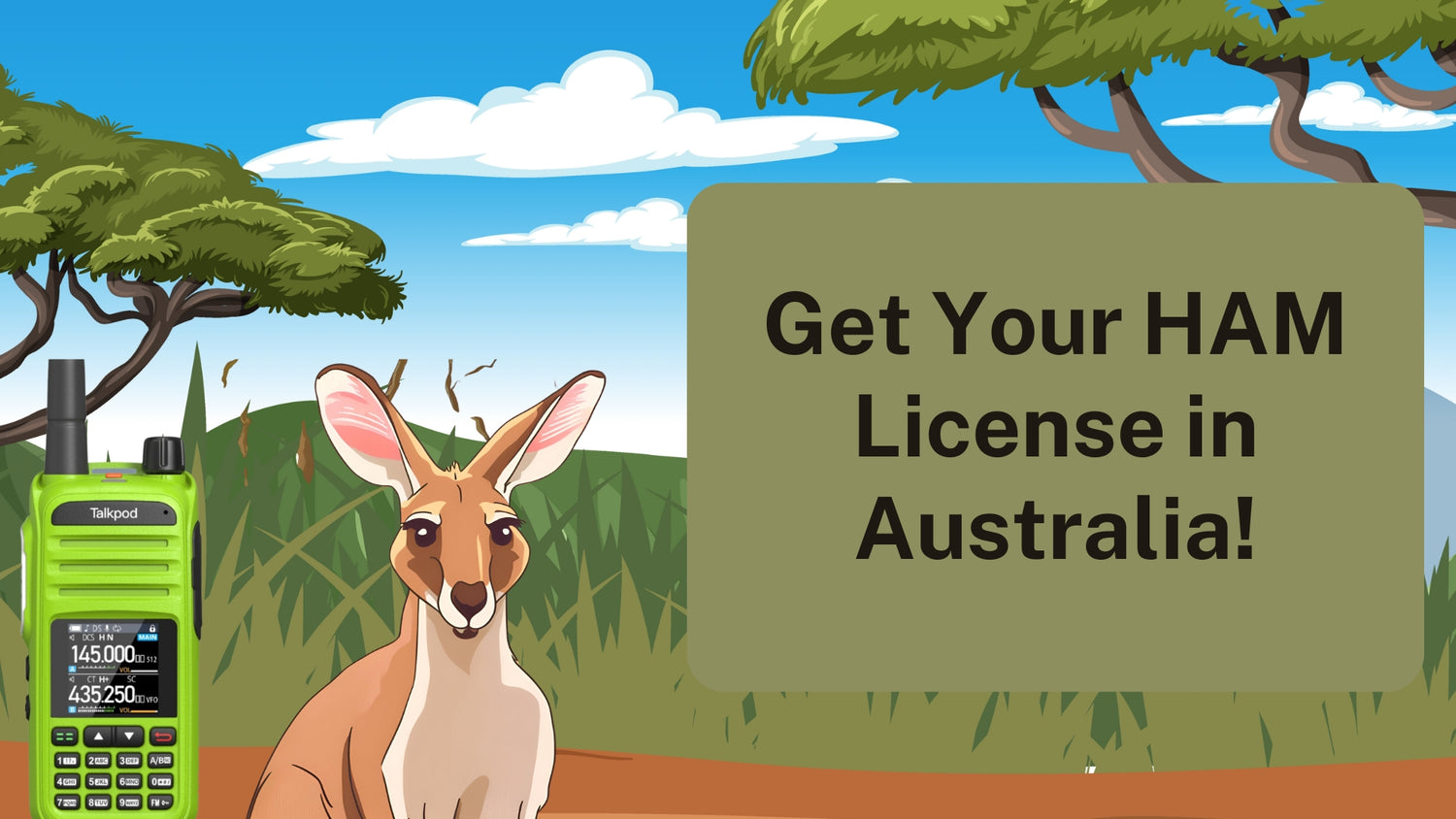
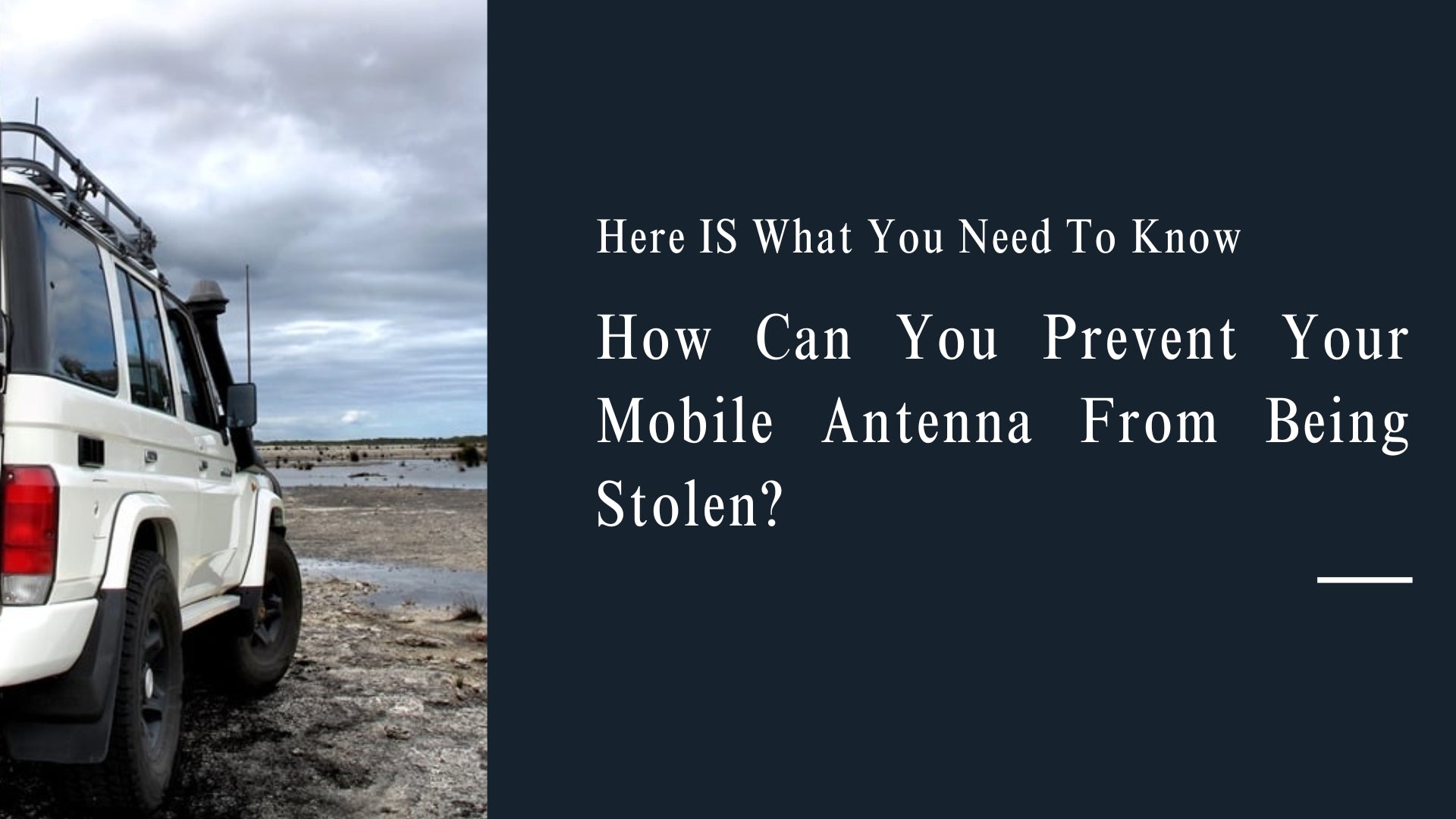

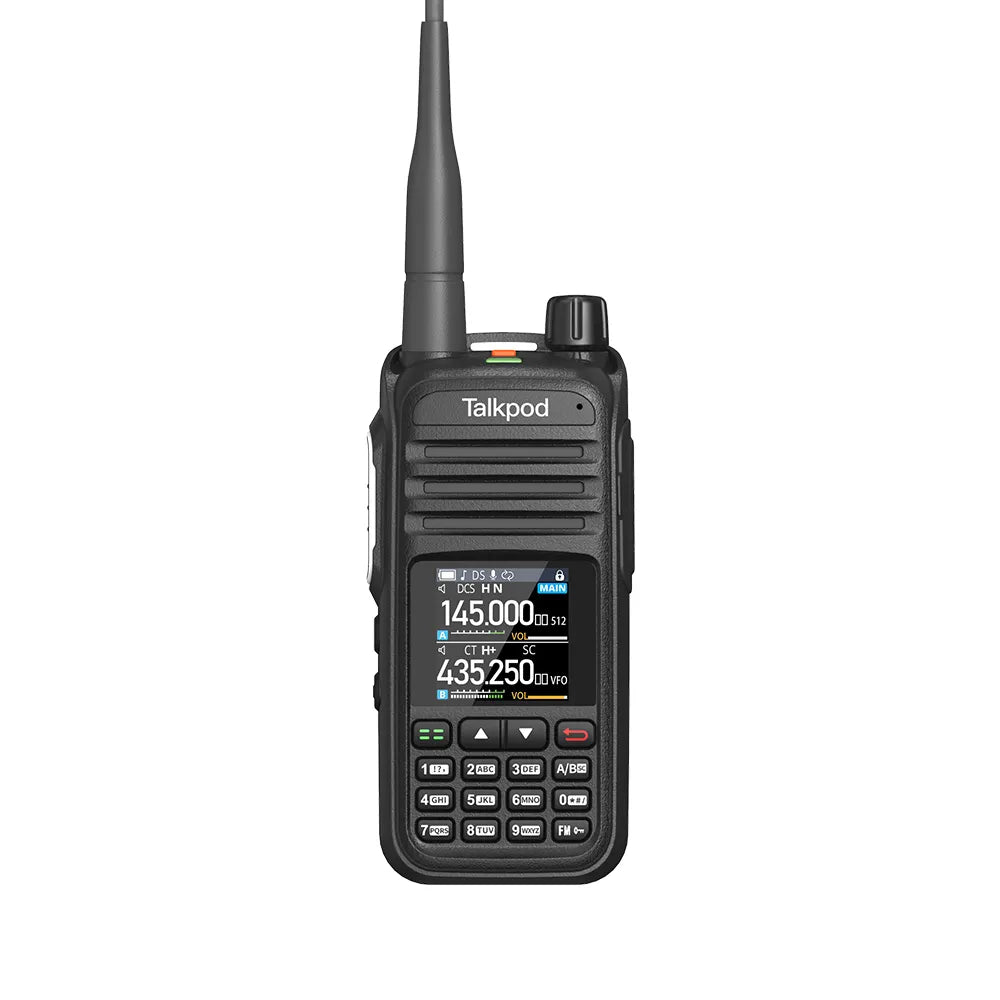
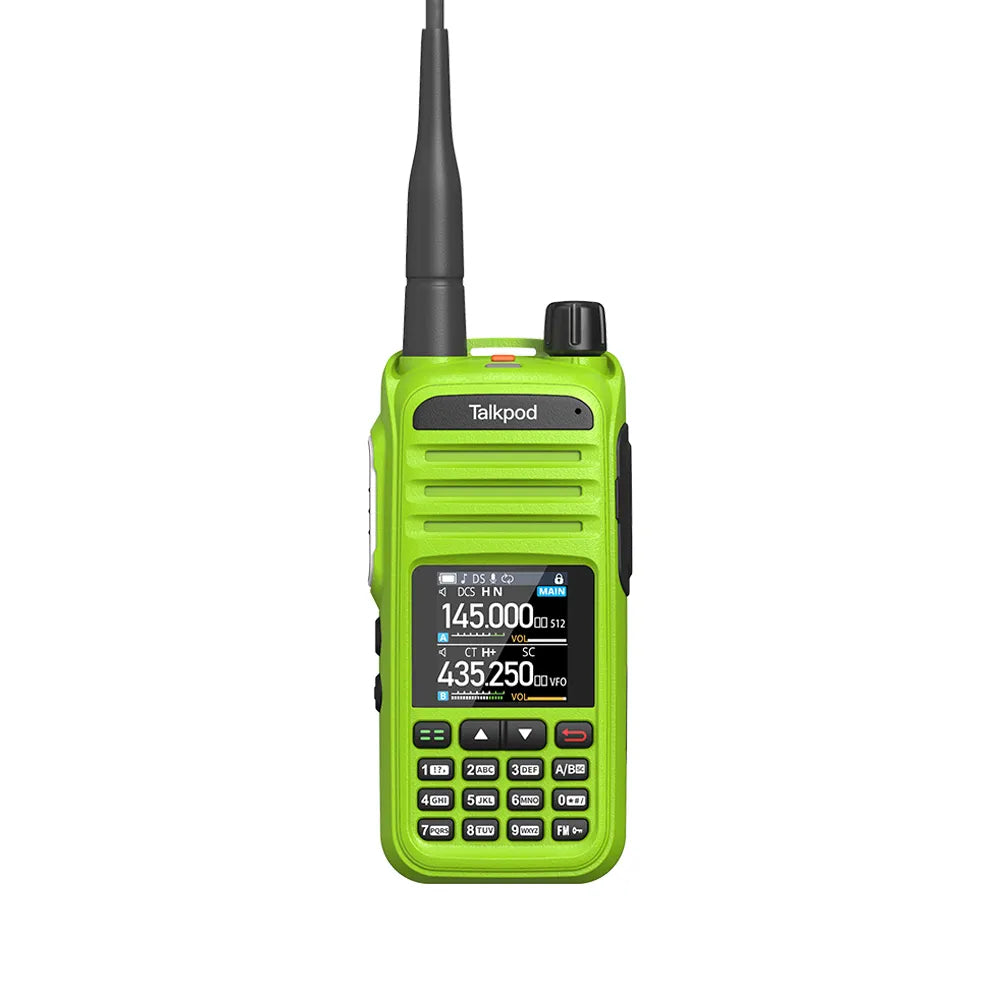
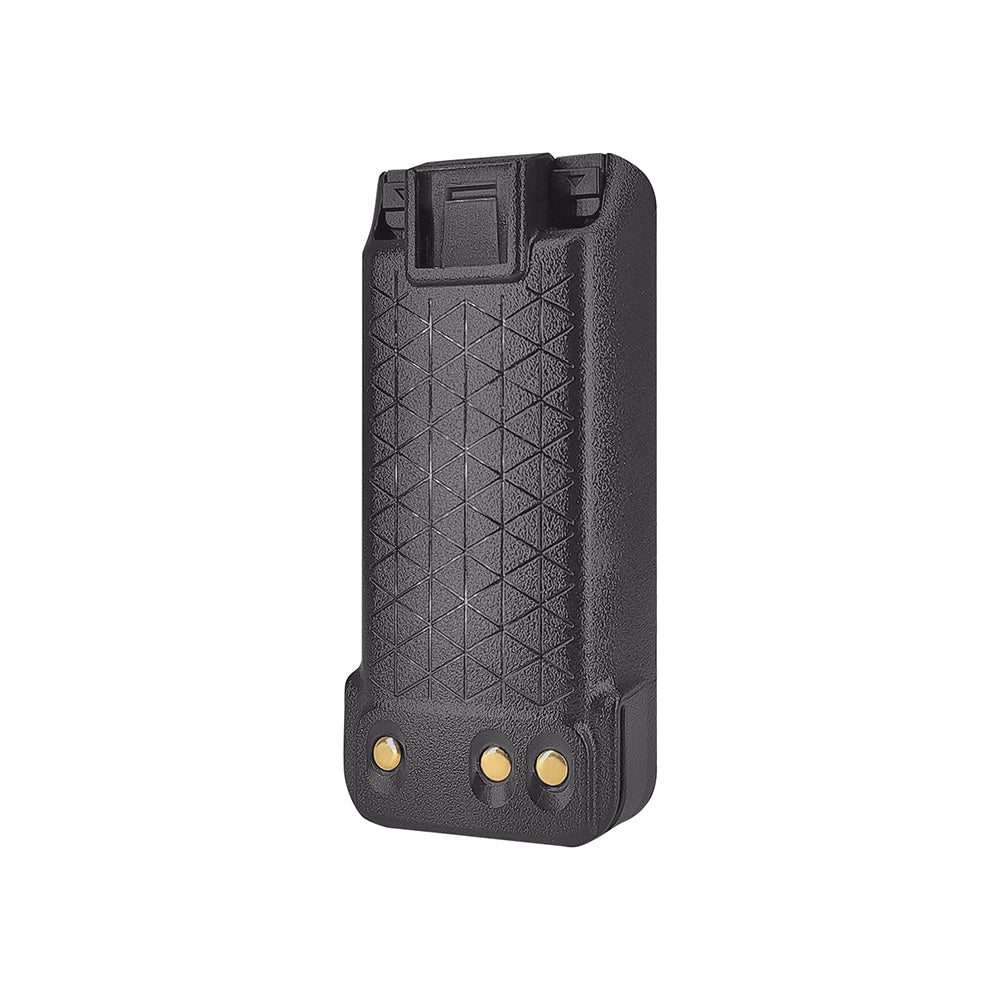
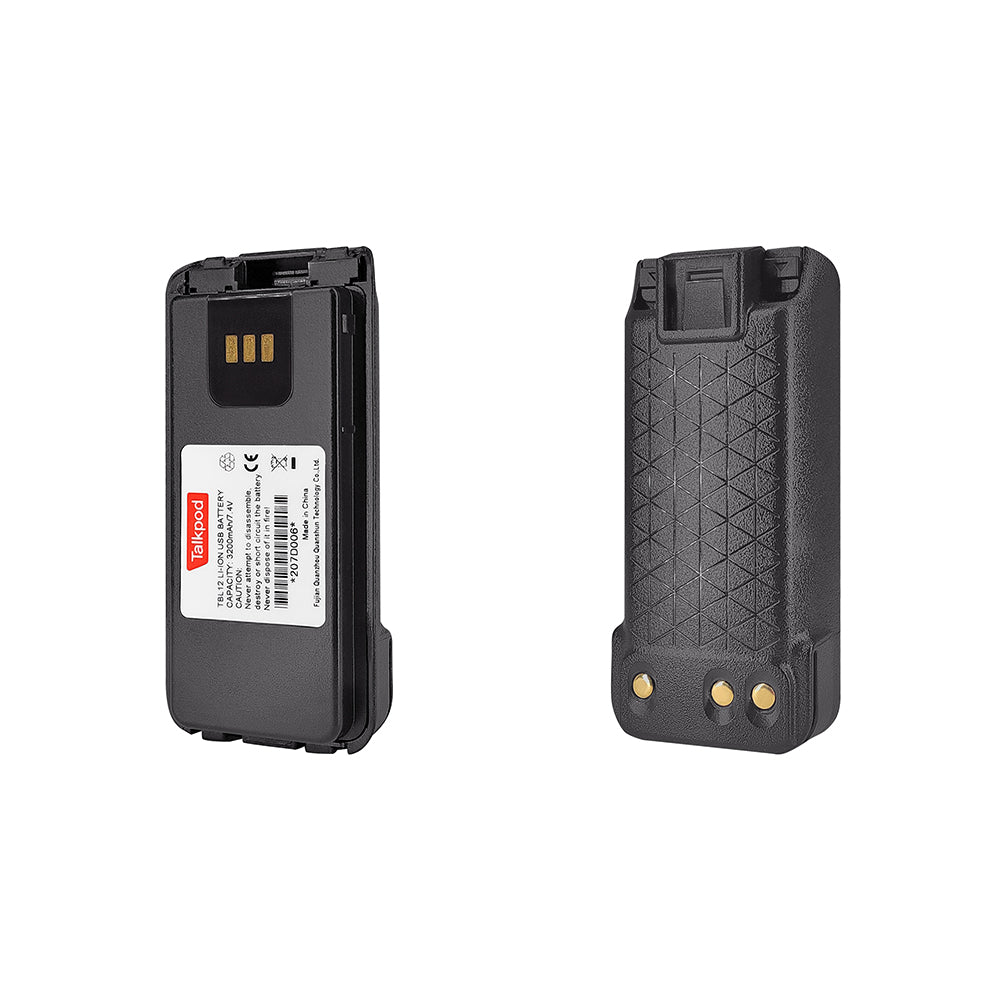
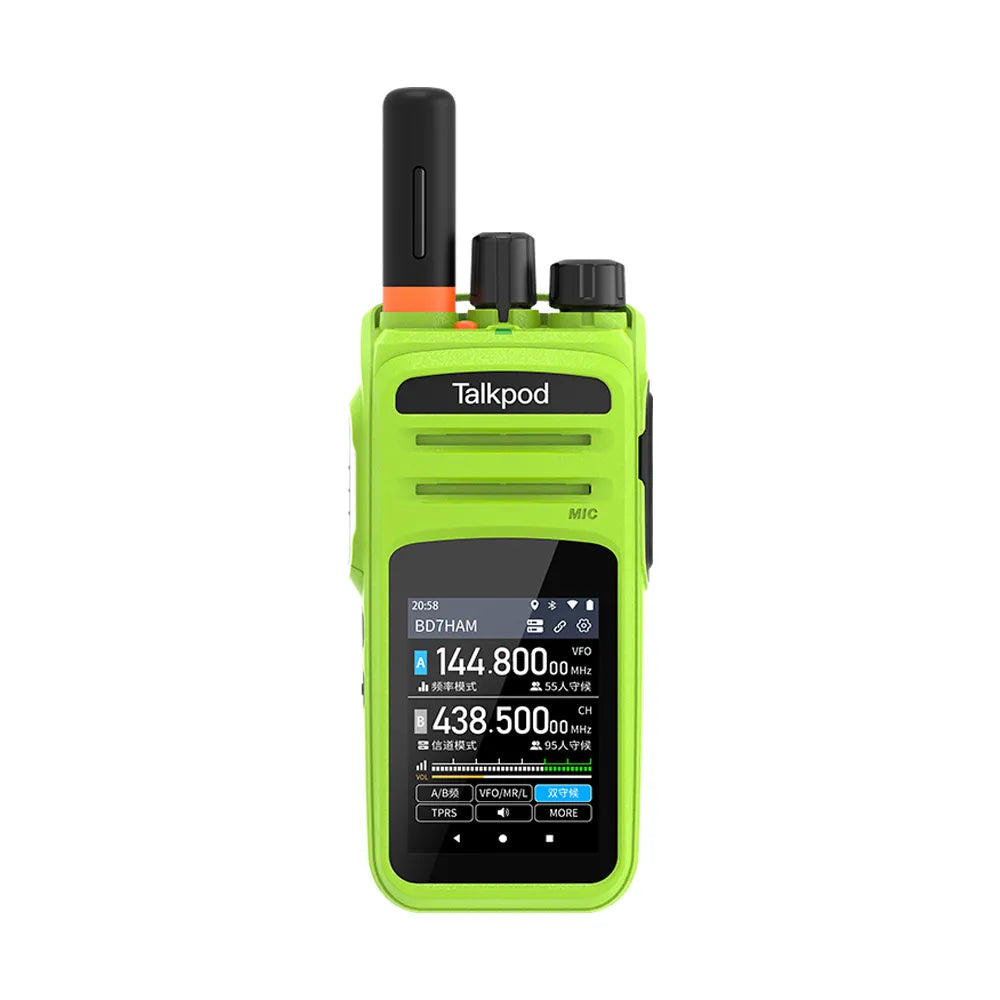
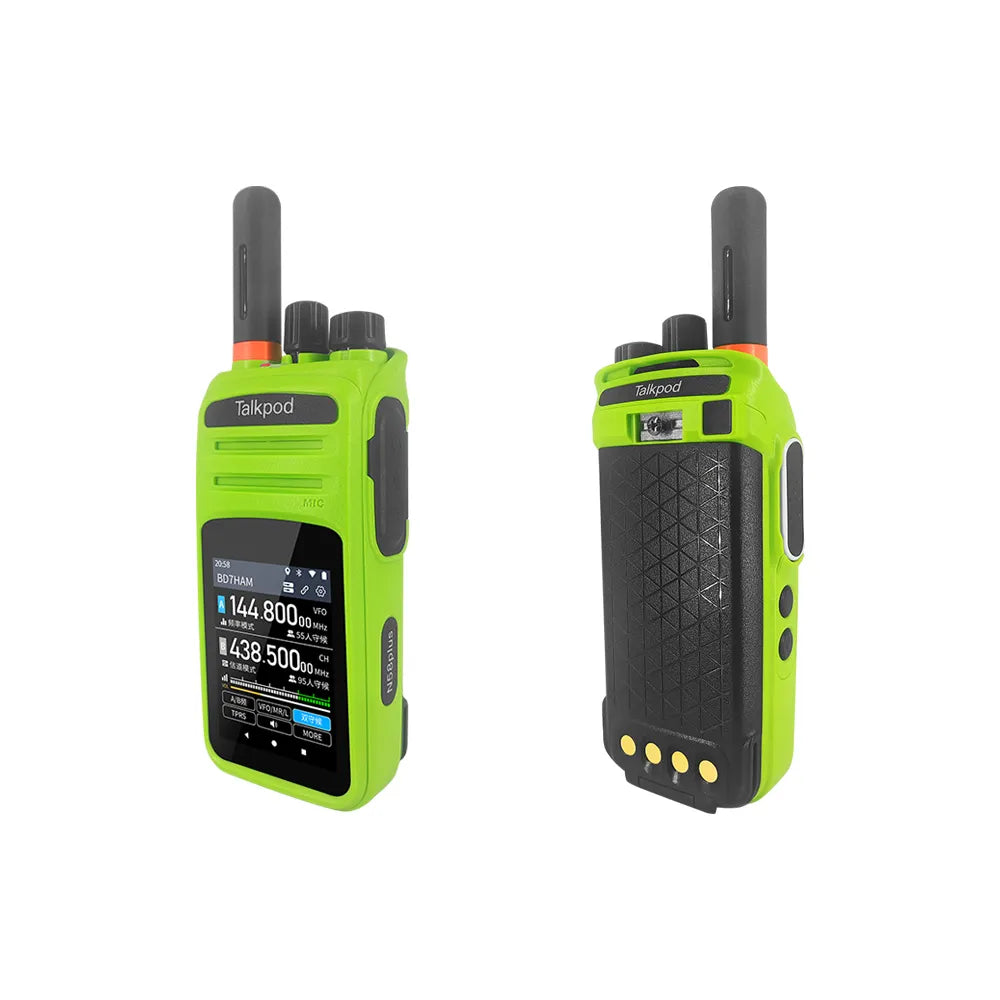
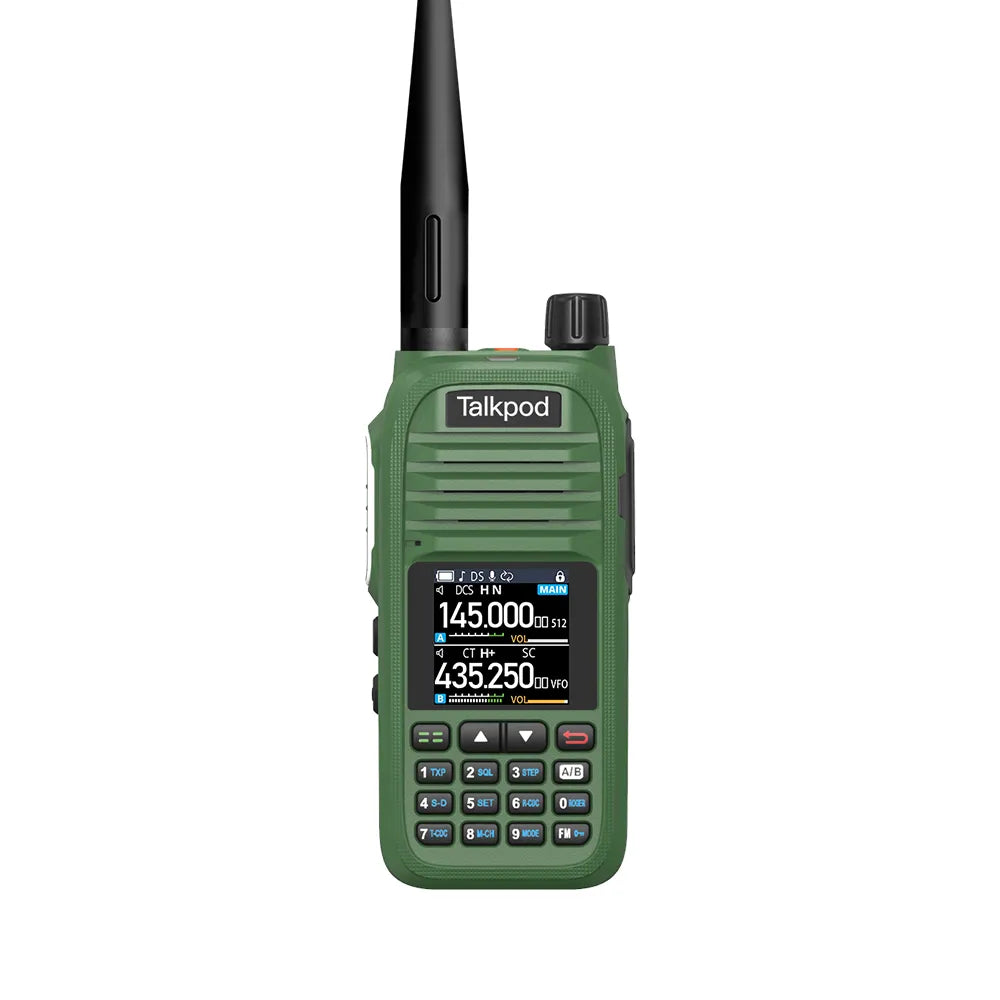
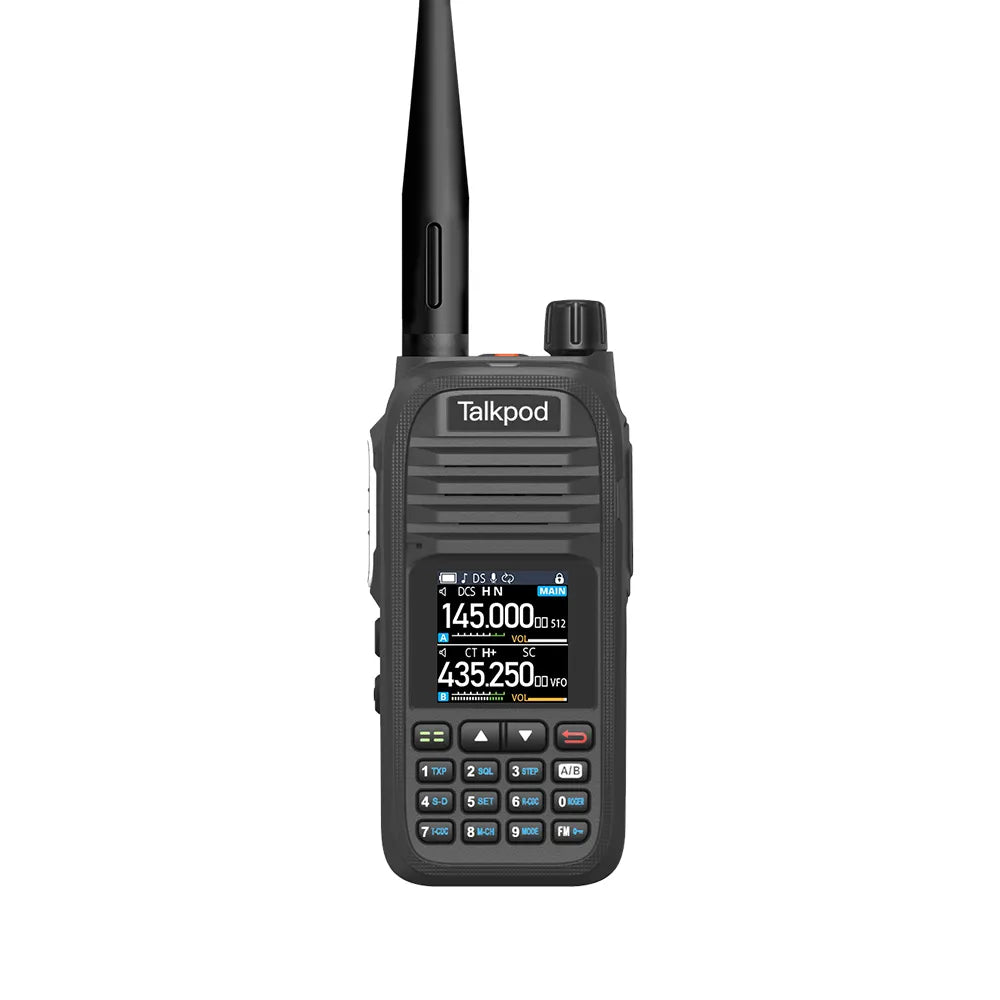
Leave a comment
All comments are moderated before being published.
This site is protected by hCaptcha and the hCaptcha Privacy Policy and Terms of Service apply.